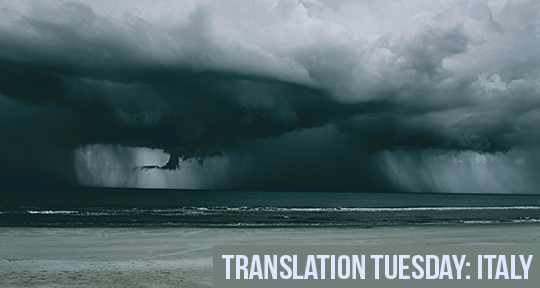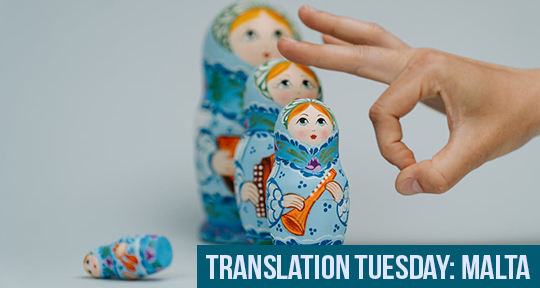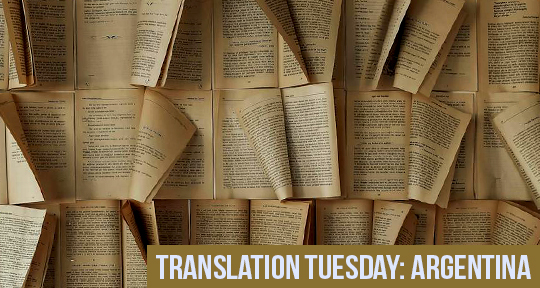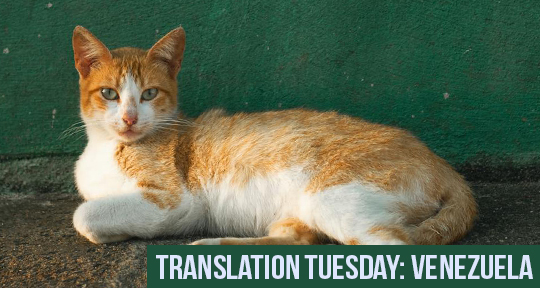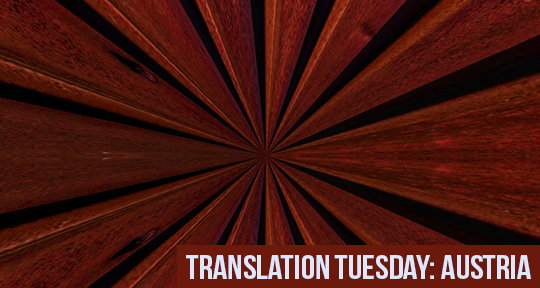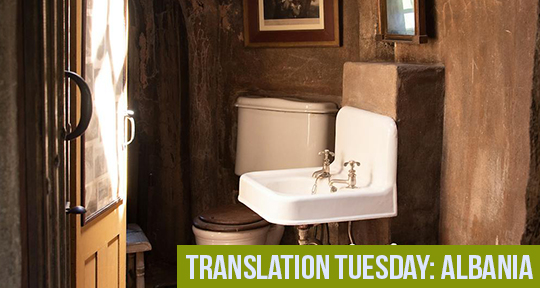This Translation Tuesday, we present fragments of poetry found embedded in text and in testimony, pried from their source and polished to a sheen. Two poems by Finnish poet Antti Salminen, translated by José Luis Rico, “Autoethnographical Sketch of the Pipe” and “Reminiscence of Settlement History” , evoke a diamond mine deep in the Siberian hinterland, a cold hell: the frost, the sludge, the desolation of the frozen pit, the hasty brutish ingenuity of the Soviet mining engineers, and the miners’ deadly toil.
Autoethnographical Sketch of the Pipe, Fragment from the Second Chapter
Mir, Mirny, open pit mine, mineshaft. 62º31 45.95 N 113º59 36.74 E: funnel-shaped ravine and artificial crater, the abyss the last people dug for themselves.
A small airport with its brief runway on the massive mining landscape’s earthwork. A glider hangar. There, where a small mining town had been, now a silent, mossy, pebble beach made of cement. No building was left standing, the purpose being to render the place as repulsive as possible for at least a thousand years. The magnitude of the risk was unknown, but there was no alternative.
When the place was initially dug, says Junifer, the mining engineers melted the winter frost from the ground with turbojets. There’s no rush to go further down, we’re already at the bottom. Work continues underground, slowly. Now we work with our hands, in small gestures. The shovels are less than weapons, and the excavators sit idle like a mighty beast’s skeleton at an open-air museum.
The serpentine road leads downward to the funnel, down to the bottom, to the pond’s gravelly beach. The road is ridden with sinkholes, which are patched and driven over however possible. In the molten-ground season: sludge, sludge everywhere. From October to April the amount of ice is impossible. The struggle against the ground frost can’t be won. But when you live through a permanent sinkhole, you learn to harness gravity. READ MORE…


